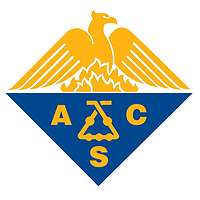The domain based local pair natural orbital coupled cluster method with single-, double-, and perturbative triple excitations (DLPNO-CCSD(T)) is an efficient quantum chemical method that allows for coupled cluster calculations on molecules with hundreds of atoms. Because coupled-cluster theory is the method of choice if high-accuracy is needed, DLPNO-CCSD(T) is very promising for large-scale chemical application. However, the various approximations that have to be introduced in order to reach near linear scaling also introduce limited deviations from the canonical results. In the present work, we investigate how far the accuracy of the DLPNO-CCSD(T) method can be pushed for chemical applications. We also address the question at which additional computational cost improvements, relative to the previously established default scheme, come. To answer these questions, a series of benchmark sets covering a broad range of quantum chemical applications including reaction energies, hydrogen bonds, and other noncovalent interactions, conformer energies, and a prototype organometallic problem were selected. An accuracy of 1 kcal/mol or better can readily be obtained for all data sets using the default truncation scheme, which corresponds to the stated goal of the original implementation. Tightening of the three thresholds that control DLPNO leads to mean absolute errors and standard deviations from the canonical results of less than 0.25 kcal/mol (<1 kJ/mol). The price one has then to pay is an increased computational time by a factor close to 3. The applicability of the method is shown to be independent of the nature of the reaction. On the basis of the careful analysis of the results, three different sets of truncation thresholds (termed LoosePNO, NormalPNO, and TightPNO) have been chosen for black box use of DLPNO-CCSD(T). This will allow users of the method to optimally balance performance and accuracy.

Exploring the Accuracy Limits of Local Pair Natural Orbital Coupled-Cluster Theory
Review badges
0 pre-pub reviews
0 post-pub reviews